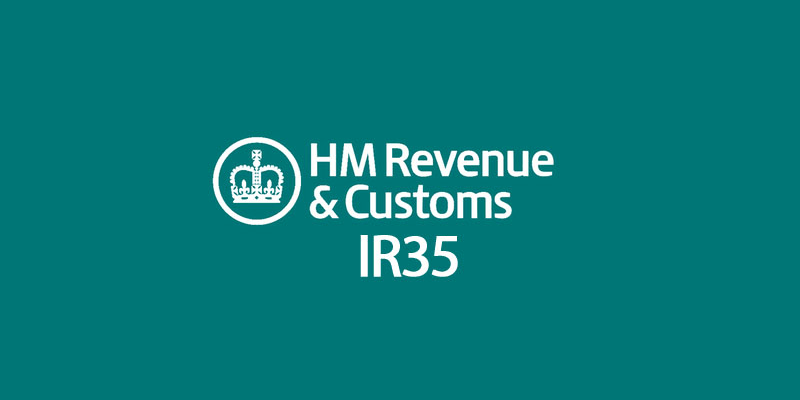The Government plans review of IR35; the legislation that is set to enable HMRC to collect additional tax payments, where a contractor is an employee in all but name.
Following widespread concerns that the draft legislation lacks sufficient detail, the government have recently announced that they will be reviewing the draft legislation extending the off-payroll (IR35) rule changes to the private sector set to be introduced from April 2020. The primary concerns were in relation to the affect the legislation will have on medium to large business and affected individuals, and the review will seek to ensure the smooth and successful implementation of the reforms.
As part of the review, the Government will hold a series of discussions with stakeholder’s representative of those affected by the reform, including contractor groups and medium and large-sized businesses, to understand how the government can ensure smooth implementation of the reforms. Additionally, further internal analysis, including evaluation of the enhanced Check employment status for tax (CEST) tool and public sector bodies’ experience of implementing the reform to the off payroll working rules in 2017. Reviews will begin from now and are expected to be completed by mid-February.
So, what is IR35 and how might it affect your business?
Off-payroll working (IR35) rules will become effective from 6 April 2020. This will affect any contractors working through a Personal Service Company, Recruitment Agencies, and all Large and Medium-sized end clients.
What is IR35?
Where a contractor is an employee in all but name, IR35 allows HMRC to collect additional payment from that individual. The legislation means that if a contractor is operating through an intermediary, such as a limited company, and but for that intermediary they would be an employee of their client, IR35 kicks in. The purpose of IR35 is to assess whether a contractor is a genuine contractor rather than a ‘disguised’ employee, when it comes to determine tax liability. The aim was to target contractors who work through their limited company and enjoy a level of tax efficiency that conventional employees do not have the benefit of. Such tax efficiency was an attractive proposition for employers hiring workers in this way as it means they do not have to pay employers’ National Insurance contributions or give contractors employee benefits. The benefit for contractors is flexibility, control over their work, and tax efficiency.
What are the changes?
The forthcoming changes will align existing rules that already apply to the public sector with the private sector. This means that the end-client is now solely responsible for determining the IR35 status of a contract with a Personal Service Company (PSC). The legislation will apply only to ‘medium or large’ businesses as there are exemptions based on the criteria below.
IR35: exceptions
There is a small business exemption for end-clients who are ‘small businesses’ which means meeting two or more of the following criteria:
1. Annual turnover is no more than £10.2 million
2. Balance sheet total is no more than £5.1 million
3. No more than 50 employees.
So, if you are the end-client, meeting two or more of these criteria, responsibility for determining the IR35 status of a contract remains with the PSC and the changes do not apply.

